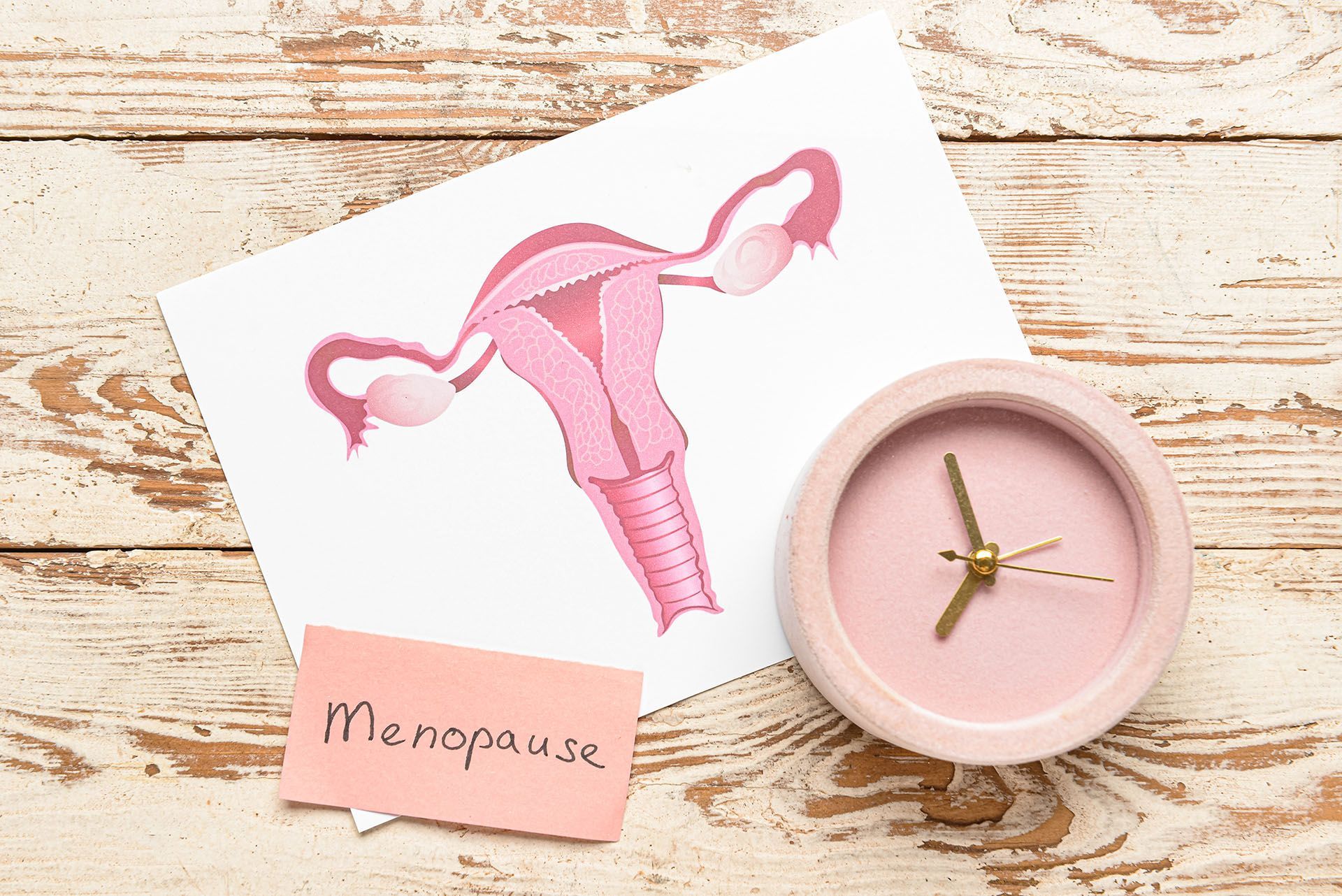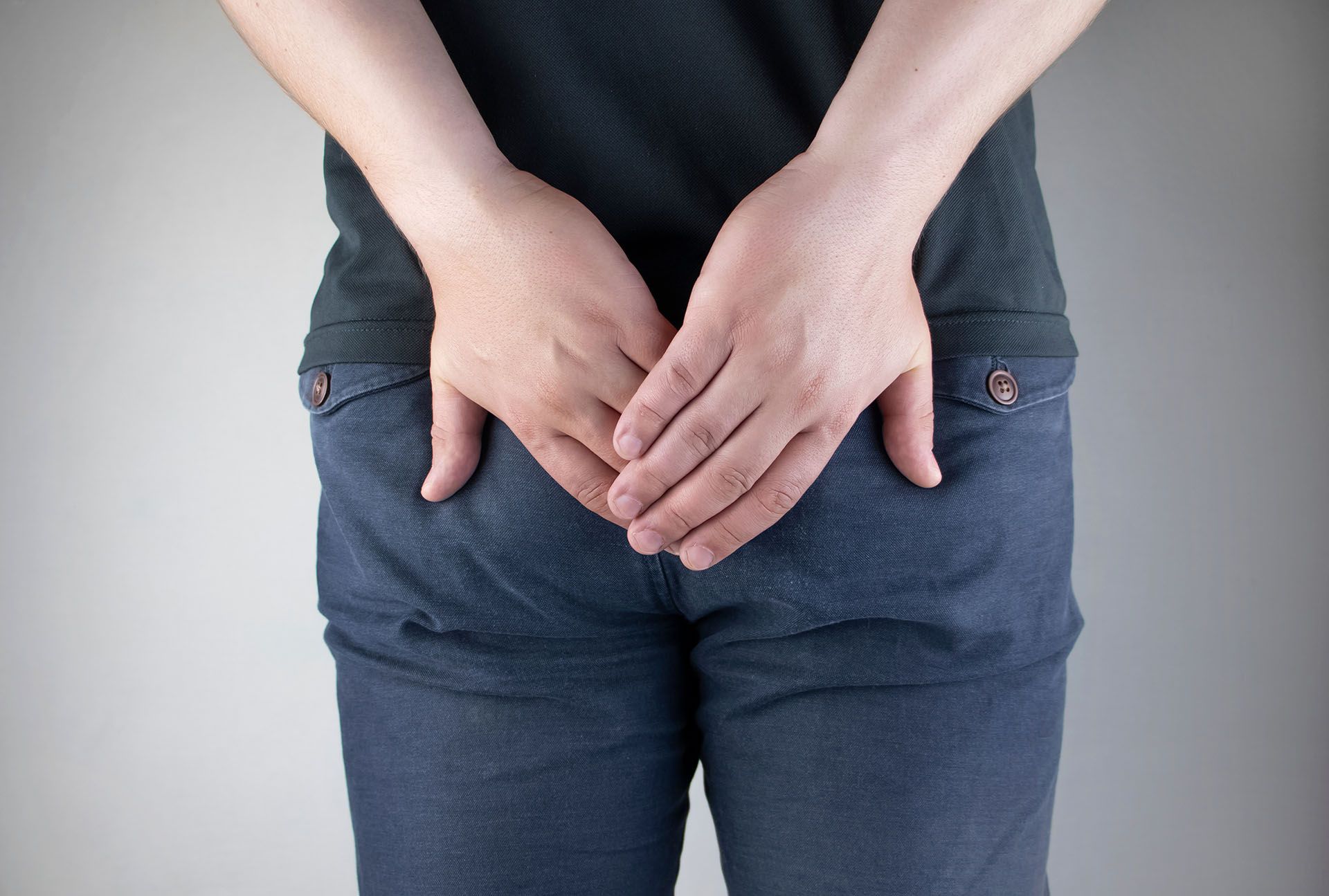What Are Anal Fistulas?
Anal fistulas are abnormal connections or tunnels between the rectal or anal canal and the skin around the anus. These can develop due to prior infections or abscesses. While they can be mistaken for other anal conditions, fistulas have distinct characteristics that require unique treatment strategies.
Symptoms of Anal Fistulas
Anal fistulas typically present the following symptoms:
- Pain and Swelling: Ongoing pain and swelling around the anal area, aggravated during sitting or bowel movements.
- Discharge: Persistent drainage, often containing pus or blood, accompanied by an unpleasant odor.
- Recurrent Infections: Frequent infections or abscess formation near the anus.
- Irritation and Itching: Persistent itchiness and discomfort around the site.
Common Misconceptions About Anal Fistulas
- "They're Just Swollen Veins": Unlike hemorrhoids, fistulas involve a deep-track infection leading to chronic issues.
- "They Can Heal on Their Own": Fistulas rarely close spontaneously and typically need surgical intervention.
- "OTC Creams Will Resolve Them": Fistulas require surgical intervention for treatment and there are no ointments over the counter or by prescription that will heal a fistula.
Treatments for Anal Fistulas
Treatment focuses on eradicating infection and closing the tunnel. Options include:
- Medication: Antibiotics for infection control and anti-inflammatory drugs to mitigate discomfort.
- Fistulotomy: A common surgical procedure that involves cutting open the fistula to allow it to heal from the inside out. These are only available for patients with very superficial fistulas.
- Seton Placement: Involves placing a seton (a surgical thread) to keep the fistula open, promoting drainage and preventing abscess formation. This is for fistulas that involve the sphincter muscle and will require a second surgery 6-8 weeks later to repair the inside of the anal canal to close the fistula.
- Advancement Flaps: A surgery involving repairing the fistula tract with healthy tissue for complex cases.
- LIFT Procedure: A surgery to repair the fistula which involves dividing the fistula tract between the inside of the anal canal and the tissue of the perianal area.
Seeking Professional Advice
Consulting a healthcare expert is crucial for accurately diagnosing and effectively managing anal fistulas. Avoid self-treatment or improper interventions especially if there is an active infection, as these can exacerbate the condition and require more aggressive surgery.
If you're experiencing symptoms indicative of an anal fistula, call the office at
832-979-5670 for prompt evaluation and an appropriate treatment plan.
SHARE ARTICLE:
SEARCH POST:
RECENT POSTS:






